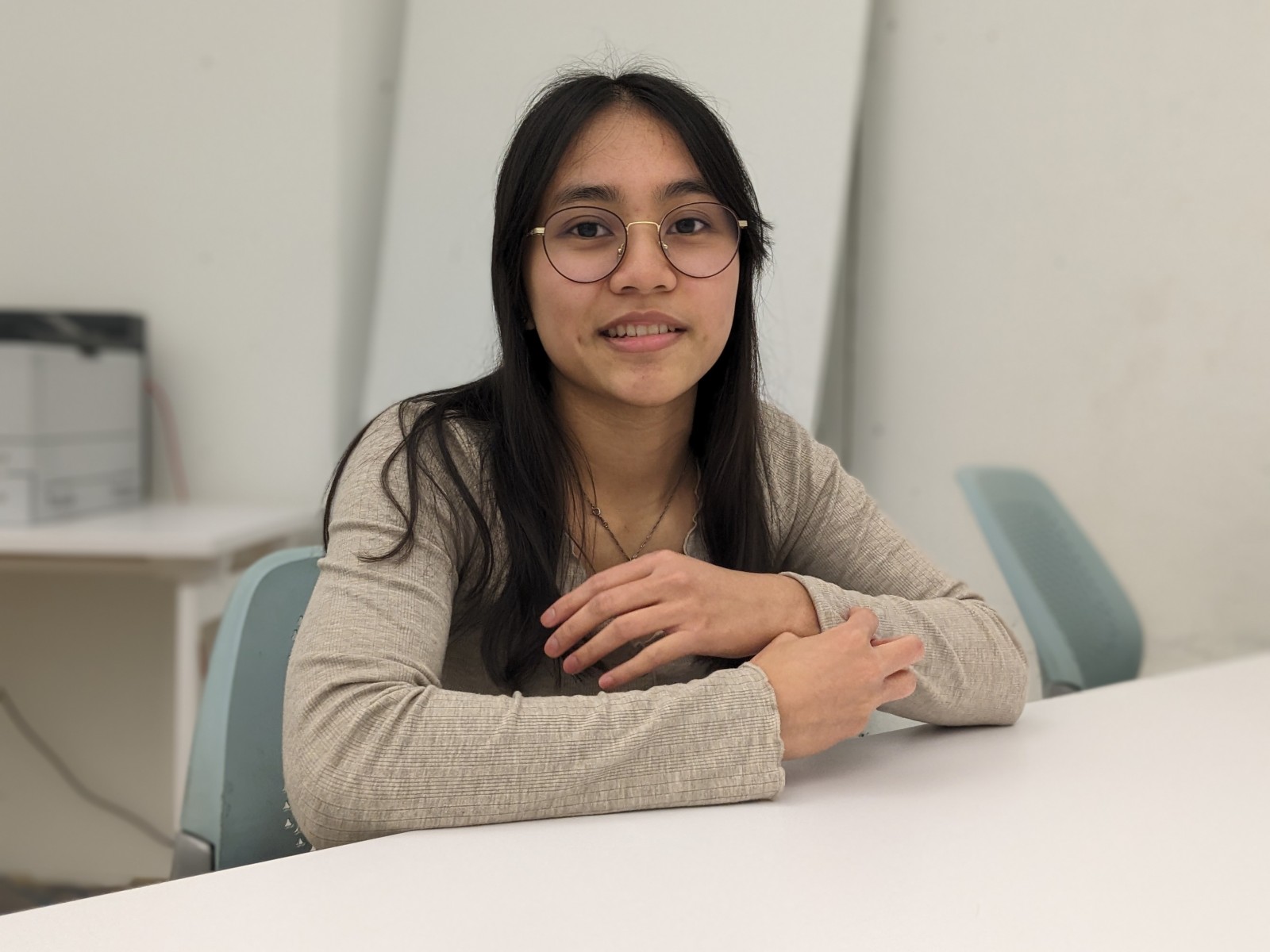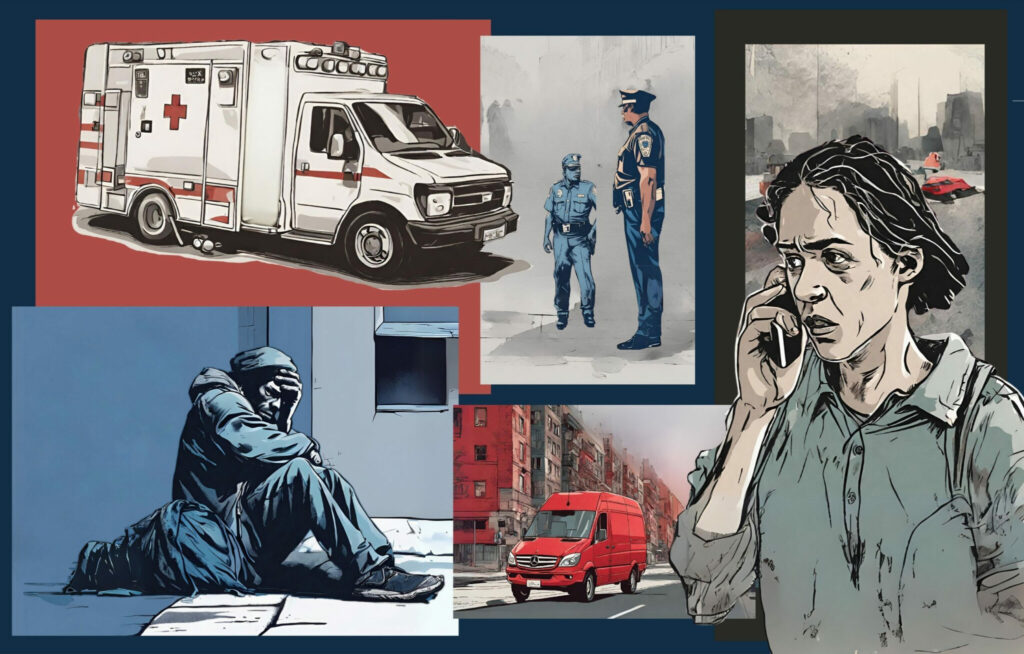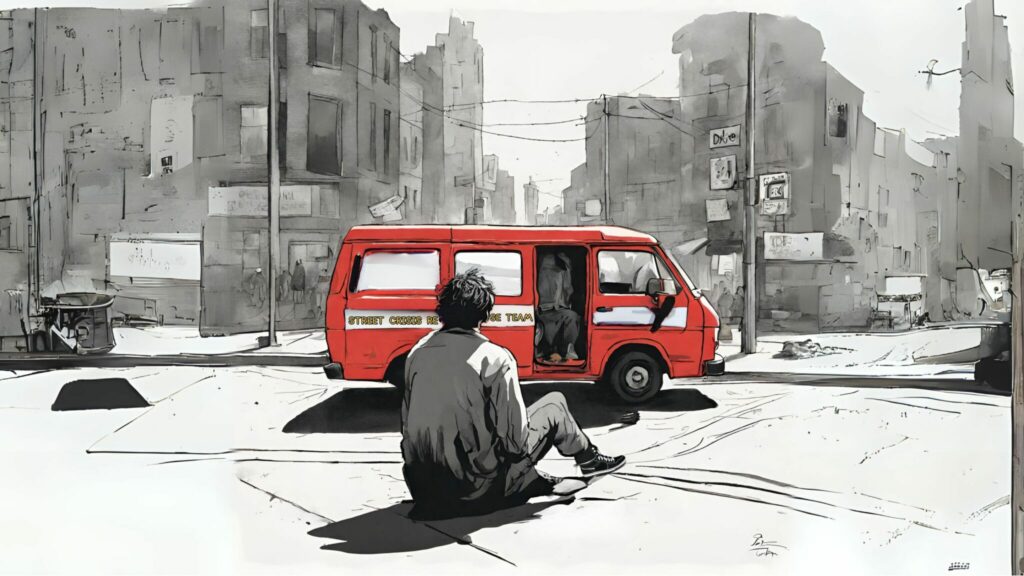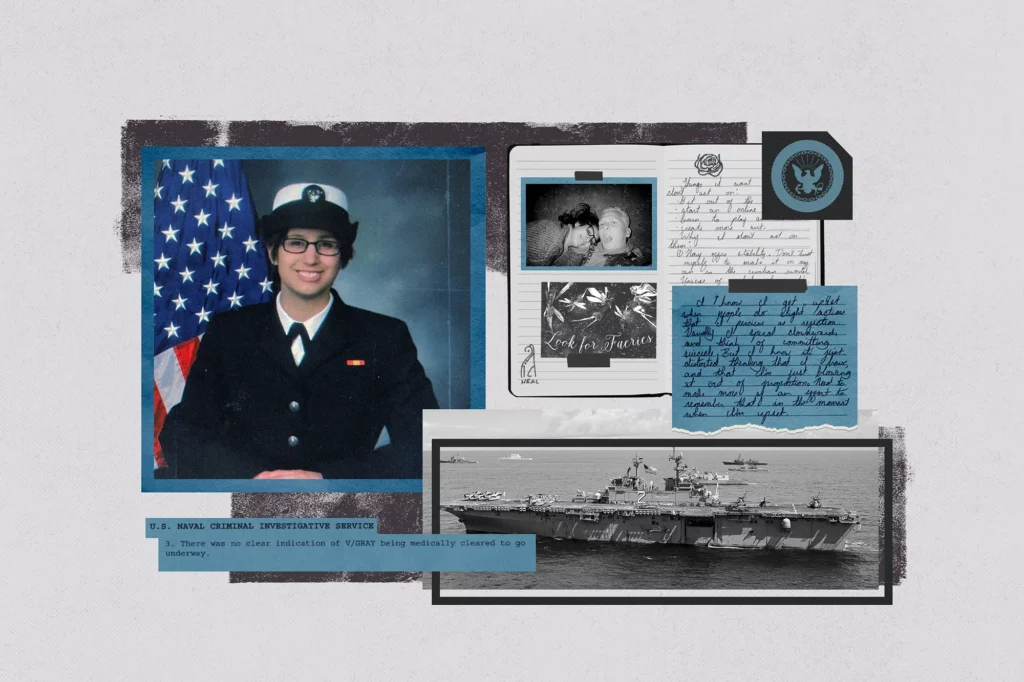She called the number on her syllabus offering counseling. No one picked up.

WBEZ by Lisa Kurian Philip, March 21, 2024: Isabelle Dizon describes her transition to college as “messy.” She went from a public high school to a private art school that was far less diverse and cost too much, she said. The expense was stressful and she couldn’t connect with her new classmates, most of whom were more well off. Navigating the social scene over Zoom and from behind masks at the height of the pandemic made her feel even more disconnected.
So she left, worked at Target for a year then transferred to the University of Illinois Chicago. That’s when she recognized she needed help processing all the change and upheaval she’d experienced.
Every syllabus for every class Dizon took that first semester listed the campus counseling center as a resource. It offers short-term therapy paid for by a health service fee charged to every student. So Dizon knew just where to turn to get the help she needed — or so she thought.
“I called them a couple times and it all went to voicemail … I also emailed. There was never a response,” said Dizon, now a junior and a graphic design major. “It was kind of like, ‘Well, you’re all on your own,’ and ‘You have to be tough.’ … I just wish they picked up.”
Dizon is far from alone. During the 2022-2023 school year, researchers from the Healthy Minds Network asked more than 76,000 college students across the country about their mental health. Asian and Asian American students like Dizon, whose parents are Filipino, were the least likely to describe their mental wellbeing as positive. But they were also the least likely to have gotten treatment in the previous year.
Alyson Kung, assistant director of the Asian American Resource and Cultural Center at UIC, said there is stigma in some students’ communities, especially those of color and from immigrant backgrounds, around mental health challenges and treatment. Dizon, for one, said she did not want to go to her family doctor for help because she worried her parents would find out.
But Kung said the main obstacle for students is not stigma or fear — it’s a lack of access.
“UIC for a while was continuing to expand and accept more and more students, which I think is great on one hand,” said Kung, who graduated from the university more than a decade ago. “But the amount of resources was not expanding with the rate of the students that we were accepting.”
The result, Kung said, is that students who are struggling often come to her because they don’t know where else to go for help.
Read more from WBEZ here.




